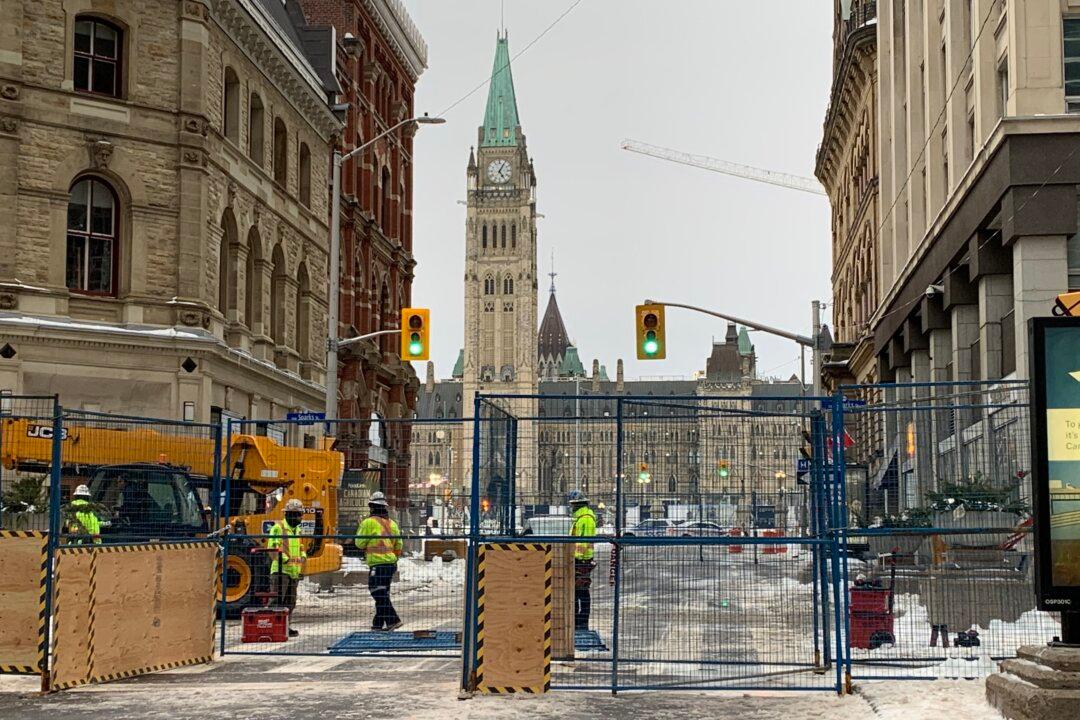The government will not allow a committee of parliamentarians tasked with reviewing the application of the Emergencies Act to access the classified information it is using to justify keeping the measures in place, senators heard as they debated the motion to maintain the public order emergency on Feb. 22.
The Senate began debating on Feb. 22 whether to confirm the government’s decision to invoke the Emergencies Act for the first time in Canadian history over protests and blockades of Canada’s borders by people opposing vaccine mandates and other COVID-19 restrictions.





